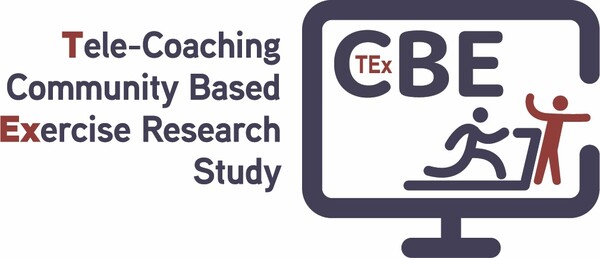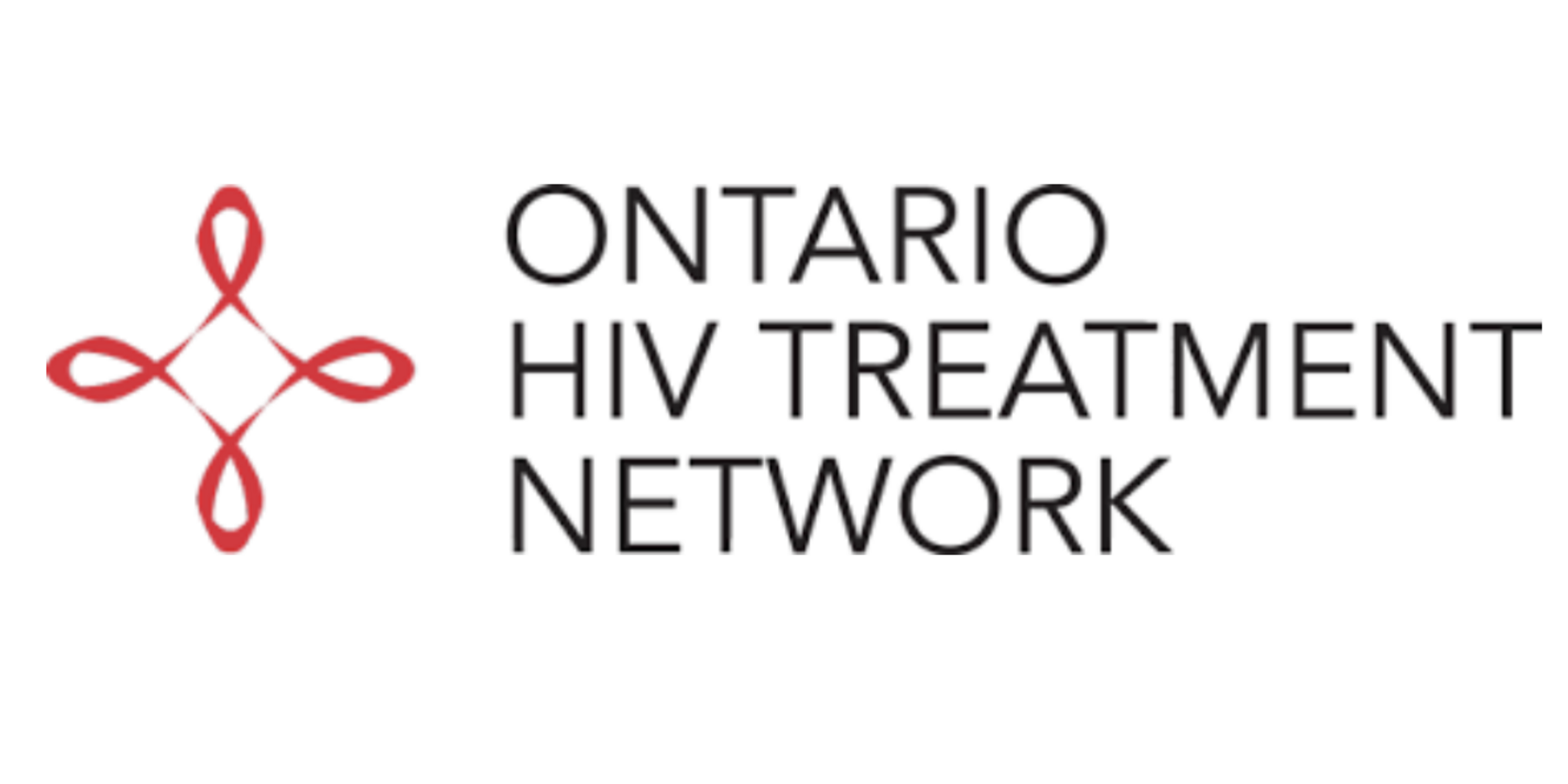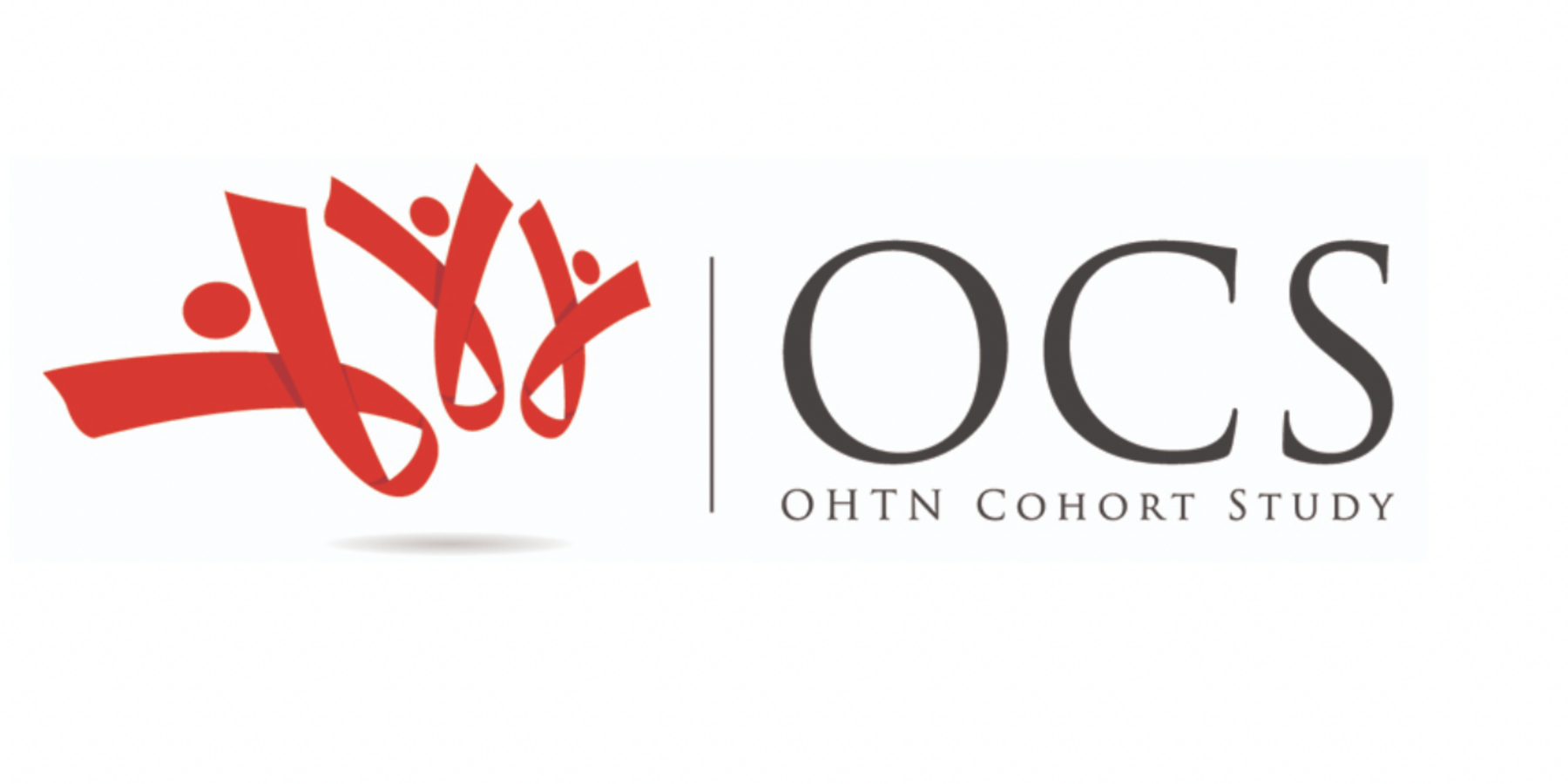Main Second Level Navigation
Breadcrumbs
- Home
- Research
- Programs of Research
- Episodic Disability and Rehabilitation Research Program
- Tele-Coaching Community-Based Exercise Research Study
Tele-Coaching Community-Based Exercise Research Study

Background
Exercise is a rehabilitation intervention that can address disability and prevent multimorbidity among adults living with HIV. Community Based Exercise (CBE) is a promising approach to improve the health of adults living with HIV within a self-management framework. CBE involves a group of individuals exercising under the assistance of an instructor with the goal of promoting regular exercise in the community. Online physical activity platforms have emerged as a way for people living with chronic conditions to engage in physical activity during the pandemic. Online tele-coaching offers a viable alternatives for engaging in exercise. However, it is unclear how online physical activity interventions translate to the HIV context; the role of online approaches in addressing the complex environmental, personal, and social barriers to exercise experienced by adults living with HIV is unknown.
What is the aim of the Tele-Coaching CBE Study?
The aim is to evaluate the implementation of an online tele-coaching community-based exercise (CBE) intervention for adults living with HIV within the community with the goal of reducing disability and enhancing physical activity, health and engagement in the care cascade.
Using the RE-AIM Framework specific objectives are:
- Objective 1: Reach - To determine the extent to which adults living with HIV participate in the intervention;
- Objective 2: Effectiveness - To assess the impact of the intervention on physical activity (primary outcome), health, and engagement in the care cascade (secondary outcome);
- Objective 3: Maintenance-To assess engagement in exercise for adults living with HIV over time (physical activity, adherence);
- Objective 4: Implementation & Adoption-To evaluate the a) process (strengths, challenges, accessibility, cost, fidelity) and b) feasibility of sustainability of the implementation, from the perspective of PLWH, representatives of community-based organizations (CBOs), health and fitness centres, health providers, and policy stakeholders to build capacity, products, and considerations for broader implementation.
What are the study methods?
This is a community-based research (CBR) longitudinal mixed methods intervention study conducted in partnership with the Toronto YMCA to evaluate the implementation of an innovative online tele-coaching CBE intervention with adults living with HIV.
This study involves a 6-month tele-coaching intervention (Phase 1) followed by a 6 month follow-up phase (Phase 2) to assess sustainability.
- Phase 1 Intervention (6 months): Participants will engage in an individual tailored home-based exercise program involving aerobic, resistance, balance and flexibility training ~60min, 3X/week for 24 weeks. This phase includes biweekly personal fitness coaching sessions, online YMCA group-based exercise classes (via a YMCA virtual membership), monthly online self-care educational sessions, and a wireless physical activity monitor (WPAM) to self-monitor physical activity.
- Phase 2 Post-Intervention (6 months): Participants will be encouraged to continue with independent exercise three times per week, and engage in online YMCA group-based exercise classes, and continue to track physical activity with the WPAM.
Participants complete a series of questionnaire and fitness assessments (online) bimonthly throughout to assess the impact and uptake of physical activity. We are using a qualitative longitudinal design with interviews to assess processes and outcomes at baseline (0 months), post-intervention (6 months) and post-follow-up (12 months).
Who can participate in the study?
Adults living with HIV in Toronto with access to technology to engage in the online exercise intervention and who consider themselves safe to engage in exercise.
How can I get a summary of the research study results?
Updates on the Tele-Coaching CBE study will be provided at the quarterly online HIV in Motion sessions. Results of this study will also be posted on this CIHRRC website.
Publications
Click here to see them.
- *Lau B, *Sharma I, *Manku S, *Kobylianski J, *Wong LY, Ibáñez-Carrasco F, Chan Carusone S, O'Brien KK. Considerations for developing and implementing an online community-based exercise intervention with adults living with HIV: a qualitative study. BMJ Open 2022;12:e059294. April 15, 2022. http://dx.doi.org/10.1136/bmjopen-2021-059294.
- Solomon P, Chan Carusone S, Davis A, Aubry R, O’Brien KK. A Qualitative Study of Fitness Coaches’ Experiences in Community Based Exercise with People Living with HIV. Journal of the International Association of Providers of AIDS Care (JIAPAC). Volume 20. October 20, 2021. https://doi.org/10.1177%2F23259582211046762. https://journals.sagepub.com/doi/10.1177/23259582211046762
- O'Brien KK, Davis AM, Chan Carusone S, Avery L, Tang A, Solomon P, Aubry R, Zobeiry M, Ilic I, Pandovski Z, Bayoumi AM. Examining the impact of a community-based exercise intervention on cardiorespiratory fitness, cardiovascular health, strength, flexibility and physical activity among adults living with HIV: a three-phased intervention study. PLoS One. September 24, 2021. https://doi.org/10.1371/journal.pone.0257639
- Solomon P, Chan Carusone S, Davis A, Aubry R, O’Brien KK. Experiences of People Living with HIV in Community Based Exercise: A Qualitative Longitudinal Study. Journal of the International Association of Providers of AIDS Care. February 22, 2021. https://doi.org/10.1177/2325958221995344 https://journals.sagepub.com/doi/10.1177/2325958221995344
- O’Brien KK, Tynan AM, Nixon SA, Glazier RH. Effectiveness of Progressive Resistive Exercise in the Context of HIV: Systematic Review and Meta-Analysis Using the Cochrane Collaboration Protocol. BMC Infectious Diseases. 2017 Apr 12;17(1):268. doi: 10.1186/s12879-017-2342-8. Available at: https://bmcinfectdis.biomedcentral.com/articles/10.1186/s12879-017-2342-8
- O’Brien KK, Tynan AM, Nixon SA, Glazier RH. Effectiveness of Aerobic Exercise for Adults Living with HIV: Systematic Review and Meta-Analysis Using the Cochrane Collaboration Protocol. BMC Infectious Diseases. April 26, 2016, 16:182 doi:10.1186/s12879-016-1478-2. http://www.biomedcentral.com/1471-2334/16/182
- *Montgomery CA, *Henning KJ, *Kantarzhi SR, *Kideckel TB, *Yang CFM, O’Brien KK. Experiences participating in a community-based exercise programme from the perspective of people living with HIV: a qualitative study. BMJ Open 2017;7:e015861. doi:10.1136/bmjopen-2017-015861. http://bmjopen.bmj.com/content/7/4/e015861.
- *Li A, *McCabe T, *Silverstein E, *Dragan S, Salbach NM, Zobeiry M, Beldick S, Godi C, O’Brien KK. Community-based exercise in the context of HIV: Factors to consider when developing and implementing community-based exercise programs for people living with HIV. Journal of the International Association of Providers of AIDS Care (JIAPAC). 2017; 16(3): 267-275. http://journals.sagepub.com/doi/full/10.1177/2325957416686836
- O’Brien KK, Bayoumi AM, Solomon P, Tang A, Murzin K, Chan Carusone S, Zobeiry M, Nayar A, Davis AM. Evaluating a Community-Based Exercise Intervention with Adults Living with HIV: Protocol for an Interrupted Time Series Study. BMJ Open. 2016;6:e013618 doi:10.1136/bmjopen-2016-013618. http://bmjopen.bmj.com/content/6/10/e013618.full
- *Simonik A, *Vader K, *Ellis D, *Kesbian D, *Leung P, *Jachyra P, Chan Carusone S, O’Brien KK. Are you ready? Exploring readiness to engage in exercise among people living with HIV and multi-morbidity in Toronto, Canada: a qualitative study. BMJ Open 2016;6:e010029 doi:10.1136/bmjopen-2015-010029. http://bmjopen.bmj.com/content/6/3/e010029.full
The Tele-Coaching CBE Study Team
This study is a collaboration between the Toronto YMCA and the University of Toronto. The Tele-Coaching CBE Study is a sub-study of the Ontario HIV Treatment Network Cohort Study (OCS).
Researchers
- Kelly O’Brien, Department of Physical Therapy, University of Toronto
- Francisco Ibáñez-Carrasco, Dalla Lana School of Public Health, University of Toronto
- Ahmed Bayoumi, St. Michael’s Hospital & University of Toronto, Toronto, Ontario, Canada
- Patty Solomon, School of Rehabilitation Sciences, McMaster University
- Ada Tang, School of Rehabilitation Sciences, McMaster University
- Soo Chan Carusone, McMaster University, Toronto, Ontario, Canada
- Mona Loutfy, Maple Leaf Medical Clinic, University of Toronto
Knowledge Users and Collaborators
- Medhi Zobeiry, Ivan Illic, Zoran Pandovski, Central Toronto YMCA
- Puja Ahluwalia, Realize, Toronto, Ontario, Canada
- Shaz Islam, Toronto, Ontario
- Colleen Price, Ottawa, Ontario
- Joanne Lindsay, Toronto, Ontario
- Praney Anand, Alliance for South Asian AIDS Prevention (ASAAP), Toronto, Ontario, Canada
- Katrina Krizmancic, AIDS Committee of Toronto, Toronto, Ontario, Canada
- Chris Godi, Toronto PWA Foundation, Toronto, Ontario, Canada
- Colleen Price, Community Member, Ottawa, Ontario, Canada
- Lisa Avery, Dalla Lana School of Public Health, University of Toronto
- Darren Brown, Chelsea and Westminster Hospital, NHS Foundation Trust, London, United Kingdom
Postdoctoral Research Fellow
- Tizneem Jiancaro, PhD, Department of Physical Therapy, University of Toronto
Coordinator Team
- George Da Silva, Engagement Coordinator, University of Toronto
- Kiera McDuff, PT, Research Coordinator, University of Toronto
Acknowledgements
We thank the Knowledge Users, Collaborator Organizations and YMCA in this work. Kelly O’Brien is supported by a Canada Research Chair in Episodic Disability and Rehabilitation (Canada Research Chairs Program). We thank the Tele-Coaching CBE Study participants.
Funding
This study is funded by the Ontario HIV Treatment Network (OHTN) Endgame Program - Breaking New Ground.

